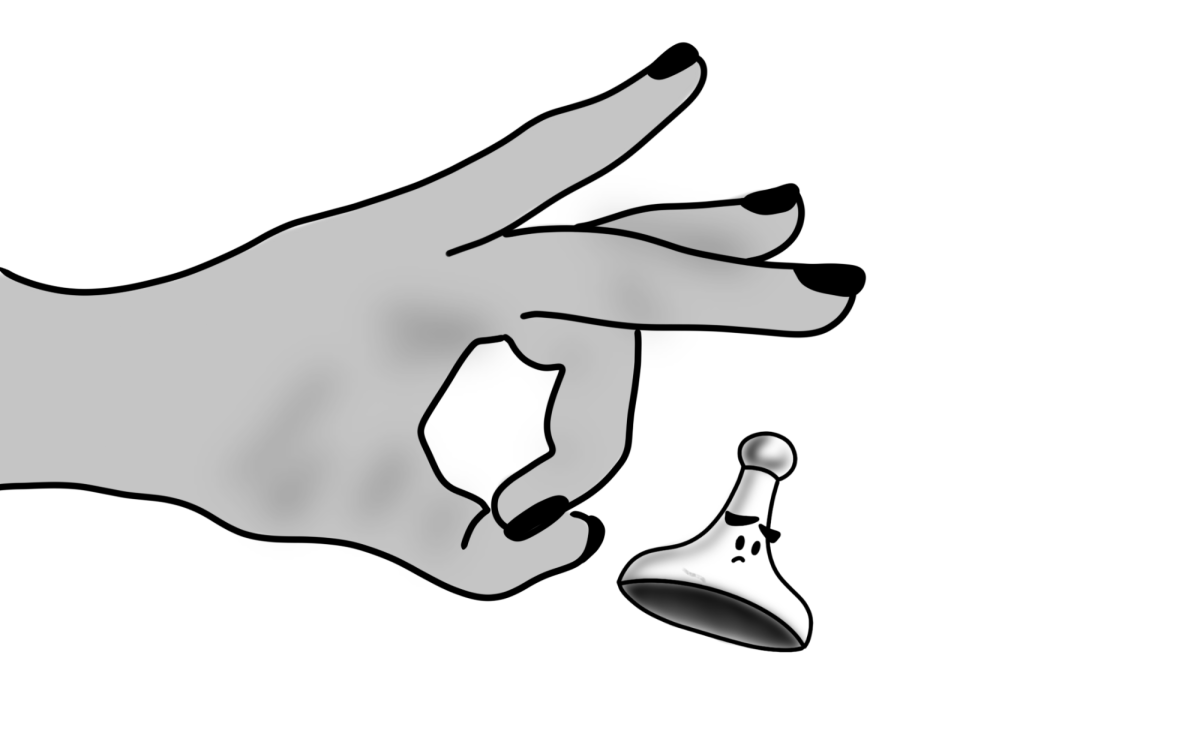A Texas man infected. Another case in New York City. I can’t step outside without hearing the word, and I can’t open my computer without news stories blaring at me. It screams from every corner, every side conversation, every website.
Just walking down the halls, I hear, “Ebola!” shouted across the hall when somebody coughs, and I wonder if there is a possibility that someone at Redwood will become infected.

Even in math class, we were asked to determine the future death rates of Ebola. As the numbers grew, each student carefully sketched a graph illustrating the death of seven billion people, or the extinction of the human race.
Yes, Ebola is growing exponentially. But is it really plausible to consider that Ebola can wipe out the entire human race? After reading yet another story about how we are all doomed to die in the next month, I wonder if this disease truly demands the level of panic that it has caused in the United States.
The United States is not in as much danger as the media suggests. In fact, the chances of an epidemic in the United States are extremely slim, due to our precautionary measures and high levels of sanitation, especially compared to other countries.
Nearly 5,000 people in the world have died so far from Ebola, and 13,703 people have become infected since the first case of the outbreak in December of 2013, as of press time. However, according to the New York Times, 36,000 people die each year in the United States alone from the flu, and another 200,000 are hospitalized.
On Oct. 13, Marin General implemented their Ebola protocol, isolating a suspected patient who had just gotten back from travelling in Africa and had respiratory problems. Measures were taken despite the fact that the patient had not been travelling anywhere near West Africa, but had instead been in the Middle East.
The outrageous action taken by the doctors wasn’t because they were unprepared, but because the rumors and fear about Ebola are spreading like wildfire. It is time to calm down before everybody ends up in an isolation unit.
In New Jersey, Kaci Hickox, a nurse, arrived back from West Africa was quarantined against her will, despite displaying no Ebola symptoms. The reason for her forced isolation was a mild fever, however she continued to be quarantined even after the fever left.
Ebola is only contagious when the patient has symptoms. Yet, despite not showing any signs of the disease, Hickox still held in an isolation unit.
Ebola can only be spread through direct contact with another person’s bodily fluids, according to the Centers for Disease Control and Prevention. The three countries that have been seriously affected —Guinea, Sierra Leone, and Liberia —have much weaker sanitation measures in their hospitals and less ability to control and cure diseases. The United States’s medical knowledge and precautionary measures makes it highly unlikely that Ebola would spread quickly within its borders.
It’s time to stop panicking about our imminent demise and face the facts: In the United States, Ebola probably never will cause an epidemic to the extent that it has in Africa. As opposed to the hospitals in the United States, some countries in Africa don’t even have the resources to wash the used equipment between multiple patients.
We have become too fearful of an outbreak in America. It’s time to stop yelling about our fast-approaching death. We’re not going to die tomorrow and there’s no immediate reason to panic.






